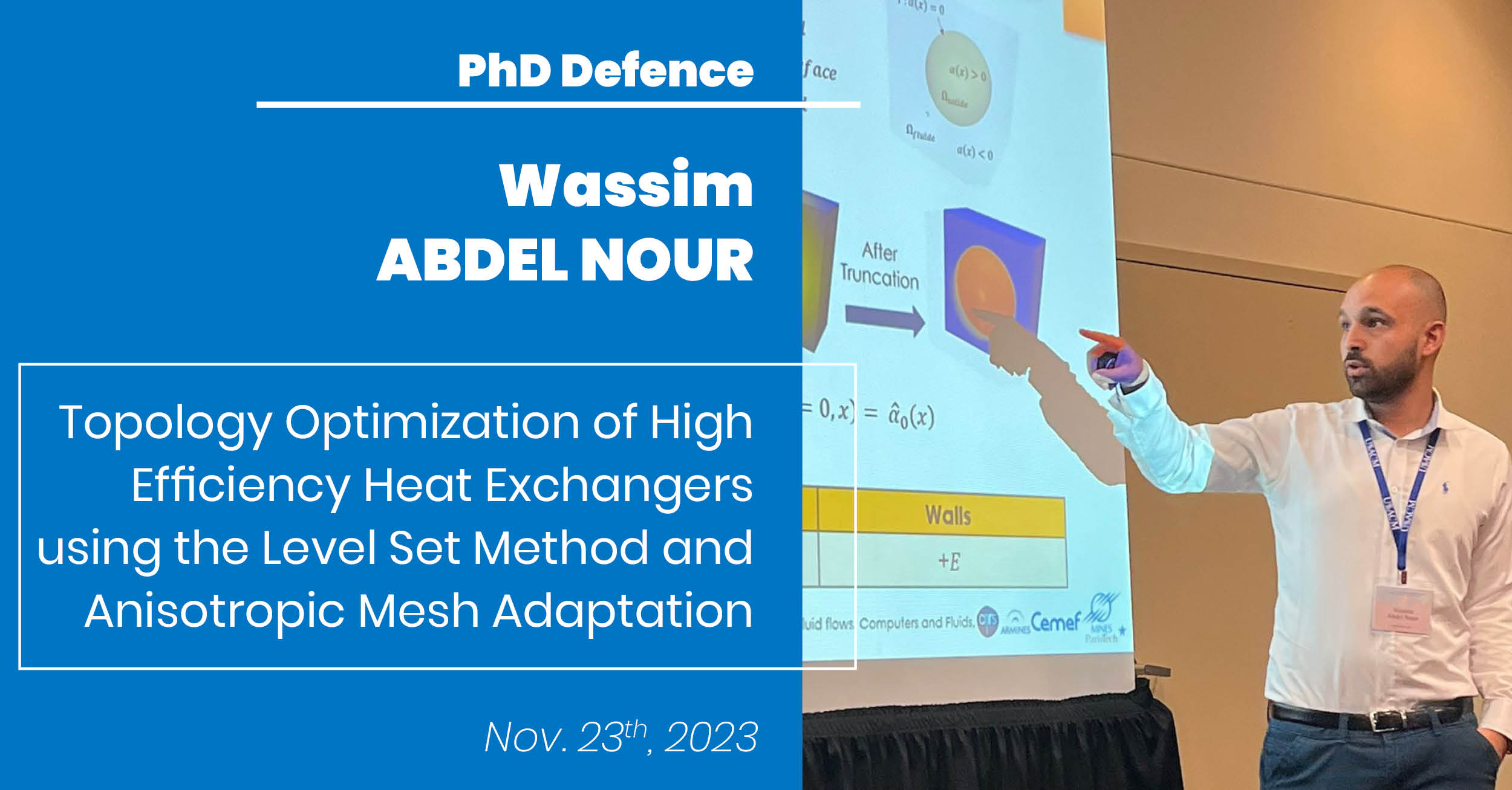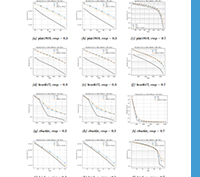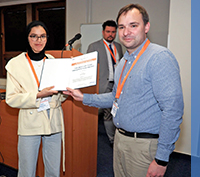PhD defence of Wassim Abdel Nour
Wassim Abdel Nour will defend his PhD in Computational Mathematics, High Performance Computing and Data on Nov. 23rd, 23
Topology Optimization of High Efficiency Heat Exchangers using the Level Set Method and Anisotropic Mesh Adaptation

This PhD considers the Optmization of Multi-Physics systems using the Level-Set Method for surface tracking and the Continuous Adjoint Method for sensitivity computation. It starts by addressing laminar incompressible flow problems, then expands to conjugate heat transfer systems. The optimization framework combines an immersed volume method for solving stabilized finite element formulations cast in the Variational Multiscale (VMS) framework with level set representations of the fluid-solid interfaces, used as a posteriori error estimator to minimize the interpolation error under the constraint of a prescribed number of nodes in the mesh. Both the resolution and remeshing steps are performed in a massively parallel framework, allowing for the optimization of large-scale systems. In particular, an original parallelization strategy is used for mesh adaptation that combines local remeshing performed sequentially and independently on each subdomain with blocked interfaces and constrained repartitioning to optimally move the interfaces between subdomains in an optimal way (both iterated until a satisfying mesh and partition are obtained). Numerical results are provided for several two- and three-dimensional problems of power dissipation minimization and/or heat transfer enhancement, involving varying state degrees of freedom, going from several thousands (in 2d problems) to several dozen million (in 3d problems). The optimal designs agree well with reference results from the literature while providing superior accuracy over prior studies solved on isotropic meshes. The potential of the method for engineering problems of practical interest is eventually exposed by optimizing the distributor and collector sections conveying the cold fluid within the plates of a plate and fin heat exchanger.
Keywords: Fluid Mechanics, Topology Optimization, Level-Set Method, Anisotropic Mesh Adaptation, Conjugate Heat Transfer, Heat Exchanger








